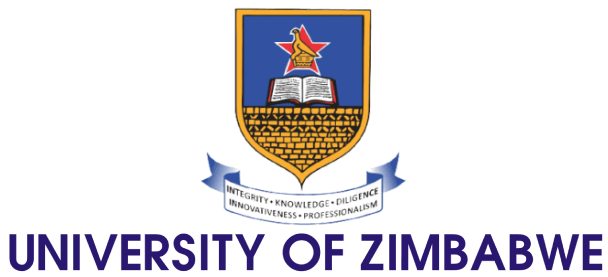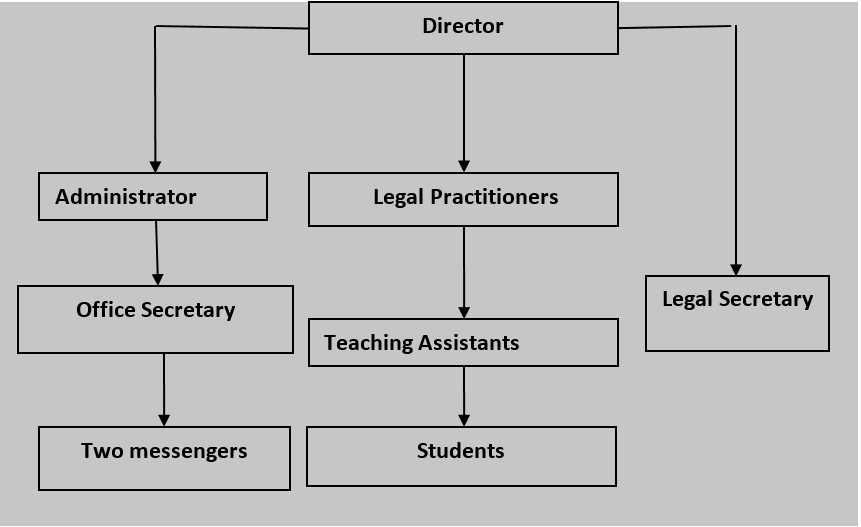INTRODUCTION
The Access to Justice Centre (AJC) is a flagship of the Faculty of Law. It is a Centre that focuses on Access to Justice issues, inter alia research, legal aid provision, legal advisory, advocacy, law reform, clinical training and legal outreaches. It is a Centre that is used by the University as an outlet to benefit the marginalised communities, the poor, government, and to equip various institutions of the state. More importantly students are equipped with practical skills and participate in resolution of real live cases. The Center is located at No. 42 Mount Pleasant Drive, Harare.
OUR AIMS AND OBJECTIVES
The clinic’s aims among others are to further research and publish in the area of access to justice, provide legal services to indigent members of the public who would otherwise be unable to enforce their legal rights and to train law students in the practical aspects of dealing with clients and drafting of pleadings. The Access to Justice Centre provides innovative access to justice solutions to Zimbabwe, the region and the global village. It further provides an in-depth and thorough training to students in clinical legal education and in calculating pro-bono culture into them. More-so AJC aim at producing cutting edge research and publications on access to justice issues. Furthermore, the Centre aims at publicising and raising awareness on legal issues affecting Zimbabweans and beyond on a daily basis. It is also advisory institution to law institutions and government on policy matters affecting law reform. The Centre has also established partnership arrangements with other local and international legal institutions and Government organizations to enable our students to take advantage of a wider global learning experience offered by our partners.
STRUCTURE OF THE CENTRE
The staffing of the Centre is full-time University of Zimbabwe employees. The Director has overall responsibility for the administration of the Centre. The Director links the academic component planning to the total integration within the LLB and BL programmes and also helps to coordinate the instructors/clinicians. The Centre Administrator manages the day-to-day operations of the Centre and is responsible for quality control. There will four Lecturers to teach all the courses on offer in addition to the Director who has a limited load of teaching. The clinic has hired one legal Practitioner and is set to have at least three registered legal practitioners who will be termed Clinical Instructors responsible for court attendances and also assisting students with proofreading their work and teaching them drafting skills. Supervision of their work is done by the Director, and Consultants. During their free periods’ students will accompany the lawyers to court whenever there are court attendances. The organogram of the Centre is as follows:
STAFF COMPLIMENT
The Director’s Office.
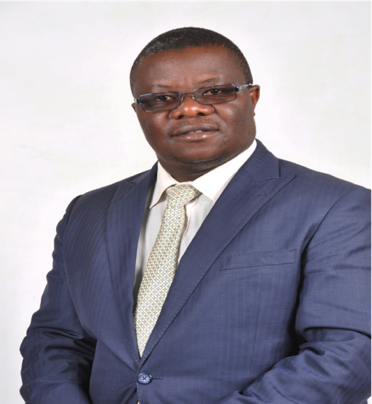
Mr. RODGERS MATSIKIDZE-LLB (Hons), MPhil Law (UZ), Ph.D (Cand-Wits-SA), Director and Deputy Dean of Law
Mr. Rodgers Matsikidze is a registered legal practitioner, notary public and conveyancer. Mr. Matsikidze holds an LLB (Hons) and M.Phil Law from the University of Zimbabwe focusing on access to justice in the Magistrates Courts of Zimbabwe. Currently he is pursuing a Ph.D Law focusing on access to justice in the superior courts of Zimbabwe with the University of Witwatersrand Johannesburg. Mr. Matsikidze graduated in September 2005 and he rose through ranks from being a teaching assistant to a Legal Proctor, Acting Director and Lecturer until 2015. Currently, he is the Deputy Dean of Law at the University of Zimbabwe. He is also a Lecturer in Civil Procedure Courses-Lower and Superior Courts and co-teaches Labour law and Roman-Roman-Dutch Law. Under the department of commercial law, he teaches Alternative Dispute Courses-Conciliation, mediation and arbitration. Matsikidze is the Director for the Access to Justice Centre which is a legal aid clinic, industrial attachment, teaching unit and research hub on access to justice issues. He is a former Chairperson for the department of Procedural Law at the University of Zimbabwe. Mr. Matsikidze is also a former Trustee and Chairperson of Trustees of the Law Society of Zimbabwe Compensation Fund and a Councillor and Chairman Board of Examiners with the Council for Legal Education in Zimbabwe. On several occasions he is called to train lawyers under the Law Society of Zimbabwe Continuous Professional Development Programme and Council for Legal Education. He is currently the founding partner and Managing Partner of Matsikidze: Attorneys-at-Law, Global Investments| Commercial |Labour Attorneys (from the demerged partnership before) which has been existence of over a decade in existence. In addition, he is an arbitrator in Labour, commercial, political, land and socio-economic disputes and is the author of the only comprehensive textbook dedicated for Alternative Dispute Resolution in Zimbabwe titled: Alternative Dispute Resolution in Zimbabwe: A Practical Approach to Conciliation, Arbitration, Mediation and Negotiations in Zimbabwe. He has written other books in civil procedure, medical, mercantile, natural resources and environmental law although some of the books are still under publication. In 2016-17 he was one of the two drafters of the Zero Labour Amendment Bill 2017 under the ILO-GVT of Zimbabwe Labour reform project. In 2017 again, the International Labour Organization appointed him to do a, Rapid Assessment of Dispute resolution in Zimbabwe. He is a board member, Community Working Group on Health a multi-stakeholder that deals policy issues and programmes on Human Rights and Public Health. Recently in 2017 he was appointed Board Chairperson-Harare Employment Council. He is a Law Examiner with Estate Agents Council and Real Estate Institute of Zimbabwe (REIZ). He Chairs Masvingo Mirror Newspaper Board.
Legal Practitioner/ Clinician
The lawyers are responsible to take instructions from clients, attend court, and also teach students the practical aspects of the law. They are members of the Law Society of Zimbabwe. In addition, they participate in outreaches conducted by the clinic. There are two vacant positions.
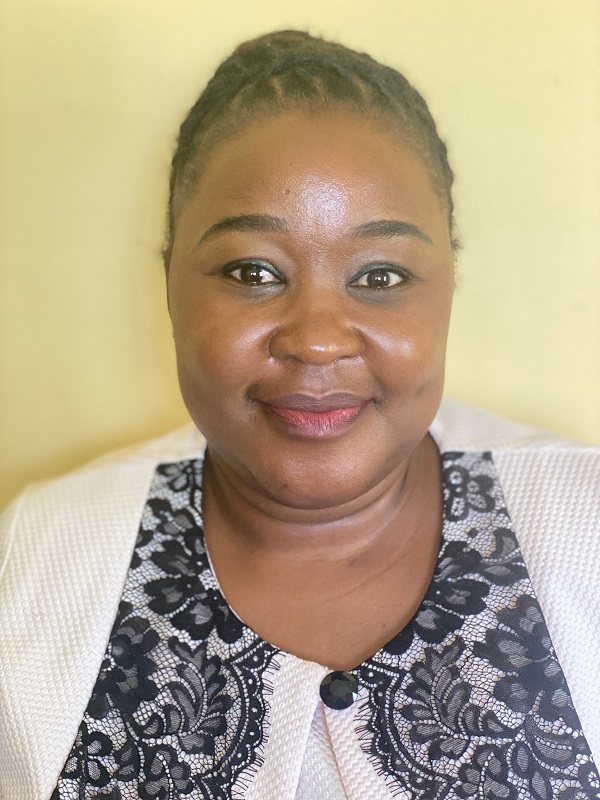
Mrs Juliet Maunganidze: Legal Practitioner & Clinician, LLBS Hons(UZ), MBA (ZOU), BBS(UZ)
Centre Administrator.
Position is currently vacant following retirement by incumbent staff member in December 2020
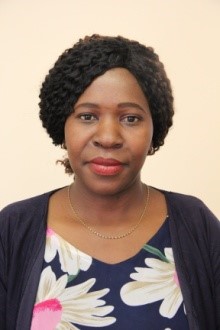
Secretary: Ms. Blessing Gaidzanwa
The Centre Secretary carries out day to day Secretarial office duties.
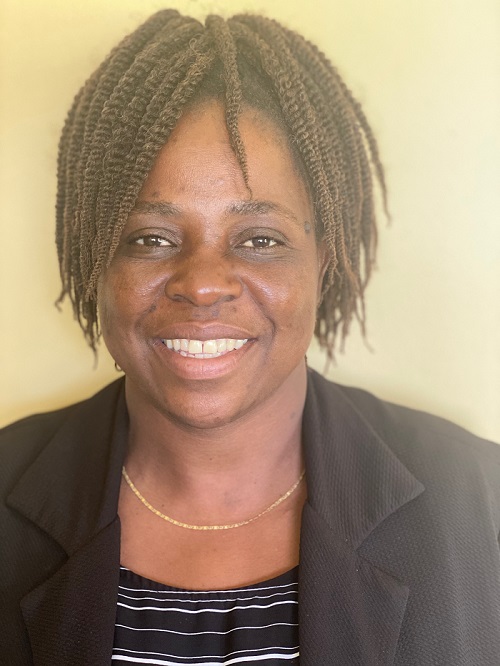
Legal Secretary: Ms. Mary Jaure
The Legal Secretary is responsible for typing pleadings and court processes, booking appointment for Centre Clients.
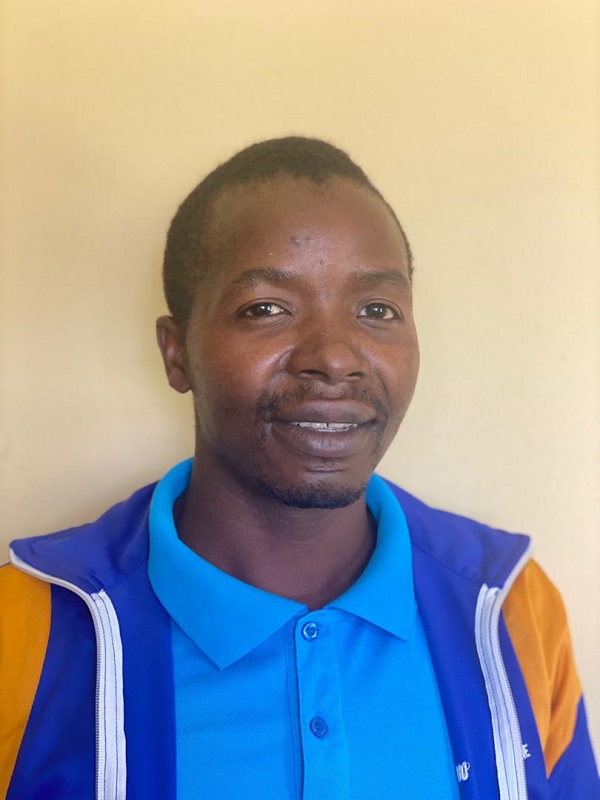
Messenger/ Driver: Mr. Romeo Tagarira
The Messenger/ Driver is responsible for day to day delivery of Centre documents and court processes.
Graduate Teaching Assistants
These work hand in hand with the lawyers, director to tutor students in clinical skills. They are recruited from Masters level classes. Emphasis is placed on those with clinical expertise.
Consultants
All Law Faculty Clinics are the Consultants and are in charge of clinics of their specialty.
|
Law Clinic |
Consultant/s |
|
Labour, Employment & ADR, |
Mr. R. Matsikidze/ Mr. M. Gwisai, Madhuku |
|
Women, Children, Family Law |
Dr R. Katsande/ Dr E. Rutsate, Stewart |
|
Property, and Natural Resources Law |
Mr. M. Nkomo, Dr Garufu, Chetsanga |
|
Human Rights, Constitutional and Administrative Law |
Dr. J. Tsobora/ Dr T. Mutangi, Madhuku |
|
General Civil and Contract Law |
Sinyoro, Muchinguri, Dr Maja |
|
Marginalized and Disability Law |
Dr. E. Rutsate, Mugota, Chetsanga |
|
Customary law and Small Claims |
Stewart and M.Gwisai, Mushowe. |
|
Criminal and Death Penalty Clinic |
Dr I. Maja, Musarurwa, Mutangi |
|
Outreach and Street Law |
Matsikidze and Maunganidze |
THE CENTRE UNITS
The Center has four critical units namely the law clinic, the clinical legal education teaching unit, access to justice research and publications unit and industrial attachment office. It operates in accordance with standard operating procedure and University regulations and ordinances.
- The Access to Justice Law Clinic
The University of Zimbabwe Access to Justice Centre Clinic is a non-profit making unit in the Faculty of Law. It was registered as a Welfare Organization on 6th November 1980, registration No W.O. 06/74 in terms of Section 9 (5) of the Welfare Organization Act (Chapter 93). The vision of the faculty through the Centre is to meet the legal needs of the poor, marginalized and the forgotten empowering them to claim their rights through litigation and advocacy training. Access to Justice Clinic is a non-profit public interest law firm of the University of Zimbabwe. The law clinic is a platform for clinical legal education for students and assists all indigent litigants without any form of discrimination whatsoever. The law clinic has clinics specializing in various specialty of law. The Clinics in operation are:
- Labour, Employment and ADR Law Clinic
This clinic focuses on Labour, arbitration, mediation and conciliation and contract law cases.
- Women, Children and Family Law Practice Law Clinic
This clinic focuses on women, gender, sexual harassment, children’s cases, divorces, sharing of property, maintenance, custody, guardianship, among other cases.
- Human Rights, Constitutional and Administrative Law Clinic
This clinic focuses on constitutional cases, rights violations, administrative justice cases, among other cases.
- Property and Natural Resources Law Clinic
This clinic focuses on land issues, resource issues, water and shelter issues.
- Criminal and Death Penalty Law Clinic
All criminal and death penalty matters are covered under this clinic including visits to prisons and remand prisons.
- General Civil and Contract Law
This clinic deals with all civil, contracts and delictual matters assisting indigents.
- Customary and Small Claims Law Clinic
This clinic covers all customary matters, appeals, and instituting of claims in the small claims court. Students during vacation volunteers to sit in these courts and assisting chiefs.
- Marginalized and Disability Law
This clinic deals with matters of the marginalised groups and disabled persons.
- Outreach and Street Law Clinic
Every semester there will be one outreach programme for a two-days that is from Friday and Saturday. Level 3 and 4 students, consultants and the instructors together with available supervisors will participate in the outreach programmes.
- Industrial Attachment Unit
This unit is responsible to attach students in-house and externally and is managed by a Centre Administrator, under the supervision of the Director. There are two forms of attachment to be offered. These are in house and external attachment. For examination purposes a student is required to attend 8 weeks in house and 8 weeks external industrial attachment.
The law clinic offers in-house training for students. Students are mandated to be attached to the civil and criminal law clinic and at least any two clinics of their choice during the four years they will be at the law school. There are clinical instructors working as legal practitioners and Graduate Teaching Assistants working as tutors. These will be working closely administratively and for purposes of litigation under the direct supervision of the Consultant and the Director. For external industrial attachment, evaluation tools which meet the University training needs for the clinical course are used for assessment of students.
- Clinical Legal Education Teaching Unit
Students work on live cases on all the courses on offer. Their marks and exams as per regulations would be awarded based on the clinicals completed and examined. The Instructors, GTA, will from time-to-time conduct tutorials while lecturers will be responsible for entire practical teaching. The Director is the head of department and will convene board of examiners and any other meetings as required from time to time.
- Access to Justice Research and Publication Unit
This unit will be headed by a research coordinator. The unit is responsible to carry out research work on access to justice issues. It will also bid for consultancy work on access to justice issues. The lead researchers will be experts in the fields. The following are some of the focus areas:
- Enhancing access to formal justice to the poor
- Enhancing access to justice to the marginalized
- Enhancing access to justice to farmers, peasants and arts and craft persons.
- Enhancing access to justice in customary law courts
- Enhancing access to justice in ADR systems
- Enhancing access to justice in urban and rural settlements
- Justice and death penalty
- Children and women justice initiatives.
- Justice and natural resources.
- Equitable resource distribution and mineral resources.
The unit will endeavor to have its research published in leading international journals.
THE FUTURE
We are the hub of innovative legal solutions internationally. Together we can help in enhancing access to justice.
